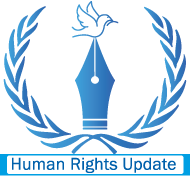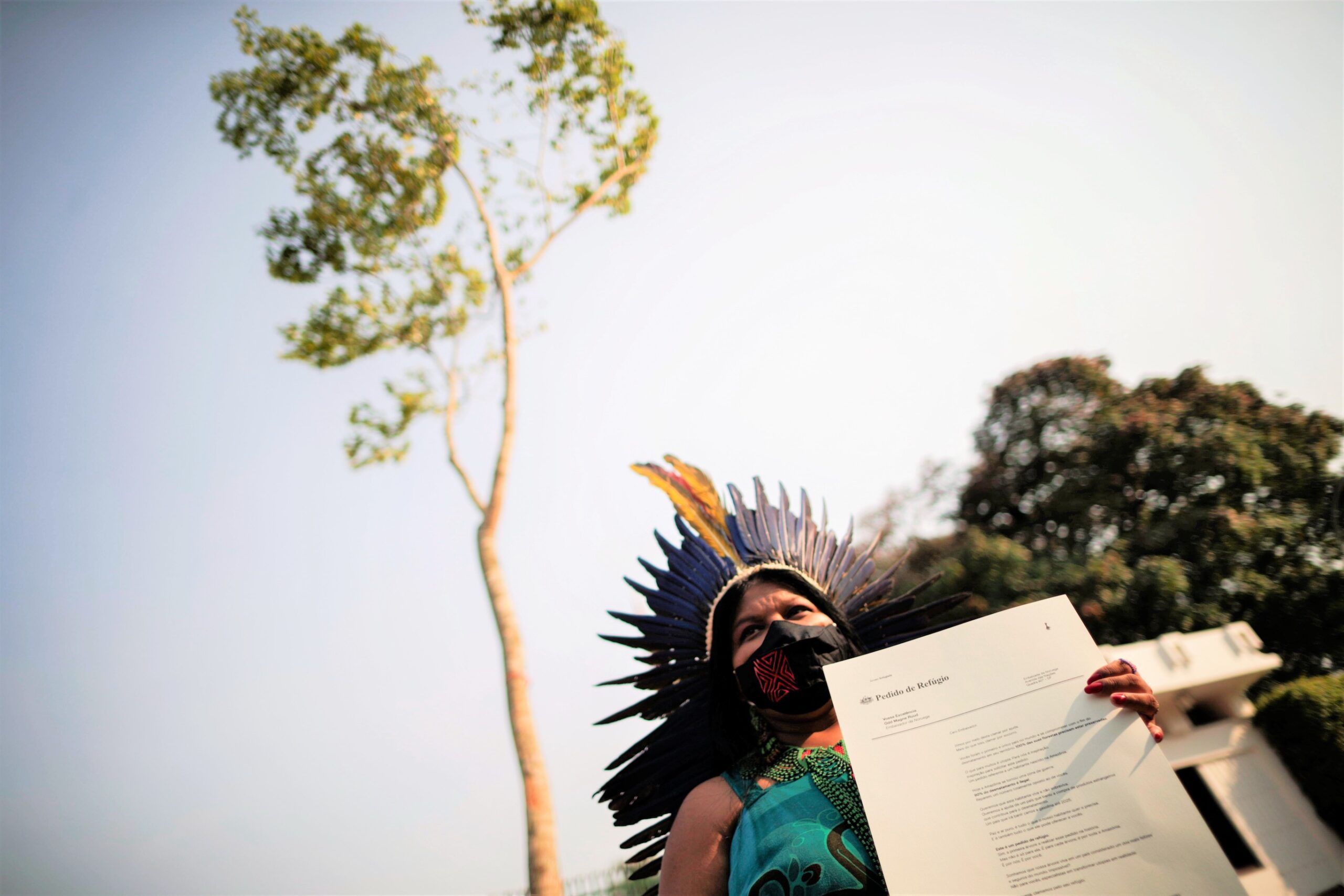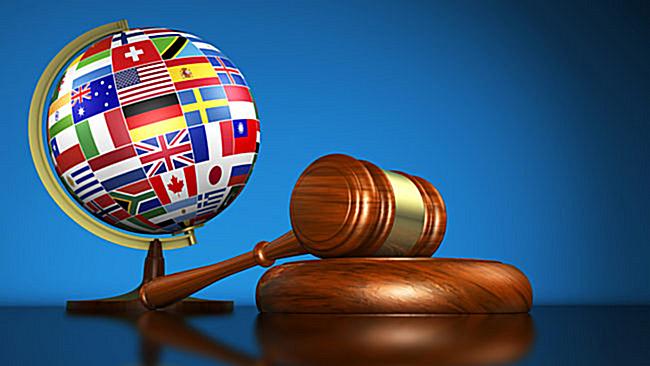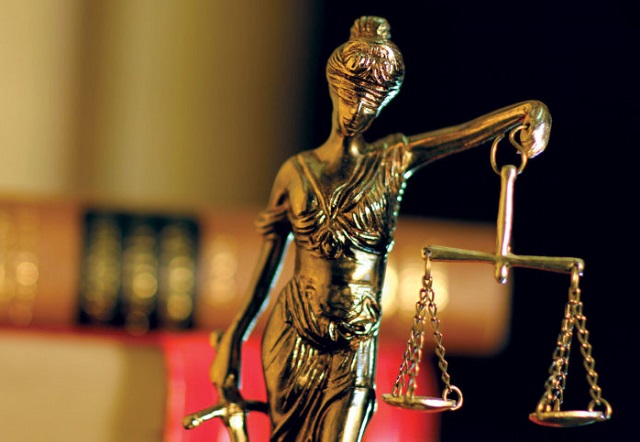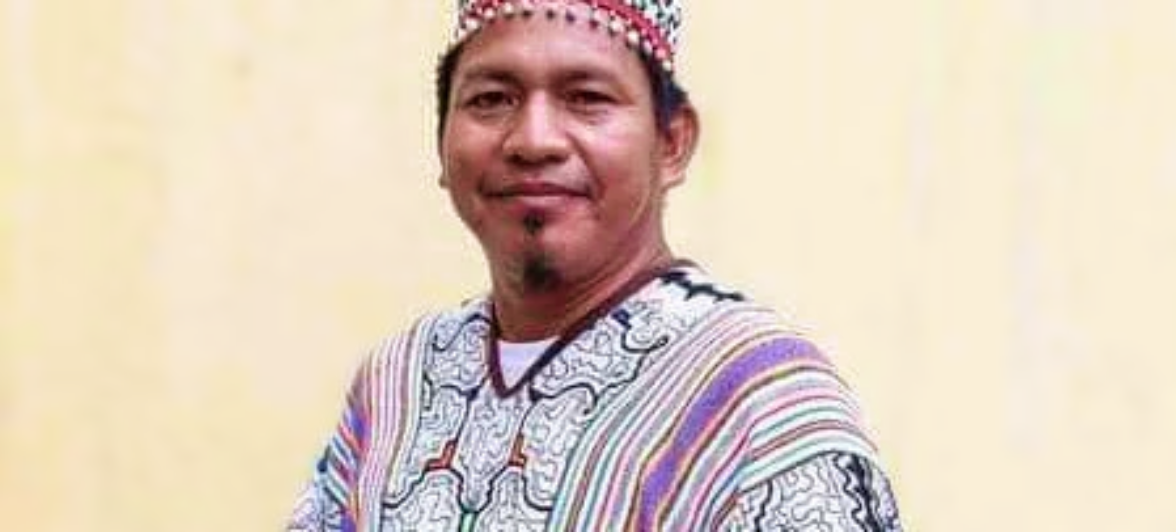Canadian Prime Minister Justin Trudeau has found himself at the center of an international conspiracy following the G20 summit held in Delhi, India, in September 2023. Trudeau’s attendance at the summit has been marred by controversy and backlash, both internationally and domestically.
Highlighting the gravity of the situation, shortly after attending the G20 summit, a technical flaw was detected in the Royal Canadian Air Force Airbus CC-One Five Zero Polaris carrying Trudeau. This flaw forced the Prime Minister to remain in India, even as other world leaders departed. Subsequent investigations revealed that an engineering team from China and India had covertly accessed the aircraft, leading to suspicion that they were responsible for the technical issues. A replacement aircraft sent to retrieve Trudeau was mysteriously diverted to London, adding to the intrigue.
Notably, before attending the G20 summit in India, Trudeau participated in the G20 summit in Bali on November 16, 2022. During this meeting, a televised exchange showed Chinese President Xi Jinping reprimanding Trudeau for allegedly leaking details of their private conversation. The discussion revolved around concerns that Trudeau raised about Chinese interference in Canadian domestic affairs. This confrontation, captured by news outlets, further strained the already tense relations between Canada and China.
Canada’s ties with China have been increasingly challenging, especially after the arrest of a top executive from Chinese tech giant Huawei in Canada. In retaliation, China detained two Canadians. These individuals were only released after an agreement was reached in the U.S. regarding the Huawei executive’s case. Further complicating matters, Canadian police in 2022 charged a Hydro-Québec employee with espionage, alleging they sent trade secrets to China.
Meanwhile, Canada’s relationship with India has also been under scrutiny. Canada, home to the highest population of Sikhs outside of Punjab, India, has been a site of various protests that have irked Indian government officials. In a recent contentious episode, a float appeared in a Canadian parade depicting the 1984 assassination of Indian Prime Minister Indira Gandhi. India criticized this move, labeling it as a promotion of “secessionism.”
PM Trudeau has further strained ties with New Delhi by urging India to investigate links between New Delhi and the assassination of a Sikh separatist activist in Canada. The assertion has been vigorously denied by the Indian authorities, deeming the claim “absurd and motivated.”
As a result of these complex geopolitical tensions and the unexpected turn of events during the G20 summit in India, Trudeau faces significant challenges both on the international stage and at home, where recent polls show declining support for the Liberals.
Canadian Prime Minister Justin Trudeau’s position on these matters remains clear. He has continuously defended “freedom of expression, freedom of conscience, and freedom of peaceful protest” and has called on world leaders to address concerns regarding democracy and human rights. The National Council of Canadian Muslims commended Trudeau’s stance during the G20 summit, recognizing his commitment to voicing concerns over human rights violations and foreign interference.
The recent events surrounding the G20 summit have undeniably deepened the political and diplomatic rifts between Canada and both China and India, two major global powers. How this impacts future relations and collaborations remains to be seen.
The international spotlight is firmly on Canada as PM Justin Trudeau navigates a challenging diplomatic landscape post-G20. With rising tensions from two global giants, India and China, the ramifications of Trudeau’s visit to the G20 summit in Delhi are far-reaching.
A defining moment during Trudeau’s trip was an unsettling photograph captured by Canadian Press photographer Sean Kilpatrick. It depicted a tense interaction between American President Joe Biden and Trudeau, fueling speculations about a strained North American alliance. Reports from The Toronto Sun suggested that not only did Trudeau worsen Canada’s relationship with India during the G20 summit, but he also risked alienating Canada from its key allies.
Furthermore, Trudeau’s aircraft troubles, believed to be a result of an alleged sabotage by engineering teams from both China and India, have sparked outrage. The incident was so significant that even though Air India One offered PM Trudeau a return flight to Canada, the offer was declined due to concerns stemming from earlier breaches of trust between the nations.
On the domestic front, the challenges persist for Trudeau. The recent Abacus Data survey indicated a potential political shift, with 40% of voters favoring the Conservatives compared to 26% for Trudeau’s Liberals. The perception of Trudeau’s international standing, coupled with these events, might play a pivotal role in the political dynamics of Canada in the coming months.
While India and China are building cooperative bridges in Asia, with even countries like Bangladesh joining their fold, Canada finds itself in a tricky diplomatic spot. The rise of India as a Hindutva state under Narendra Modi has seen increased allegations of minority persecutions, especially targeting Muslims. Reports suggest that Hindus have been attacking Muslims in India, with the Modi government largely remaining silent on the issue. This human rights concern, coupled with the alleged involvement of New Delhi in the assassination of a Sikh separatist activist in Canada, presents a significant diplomatic challenge for Trudeau.
In conclusion, the aftermath of the G20 summit in Delhi has put Canada’s diplomatic acumen to the test. As allegations, geopolitical maneuvers, and international politics intertwine, the world keenly observes Canada’s next steps on the global stage.
